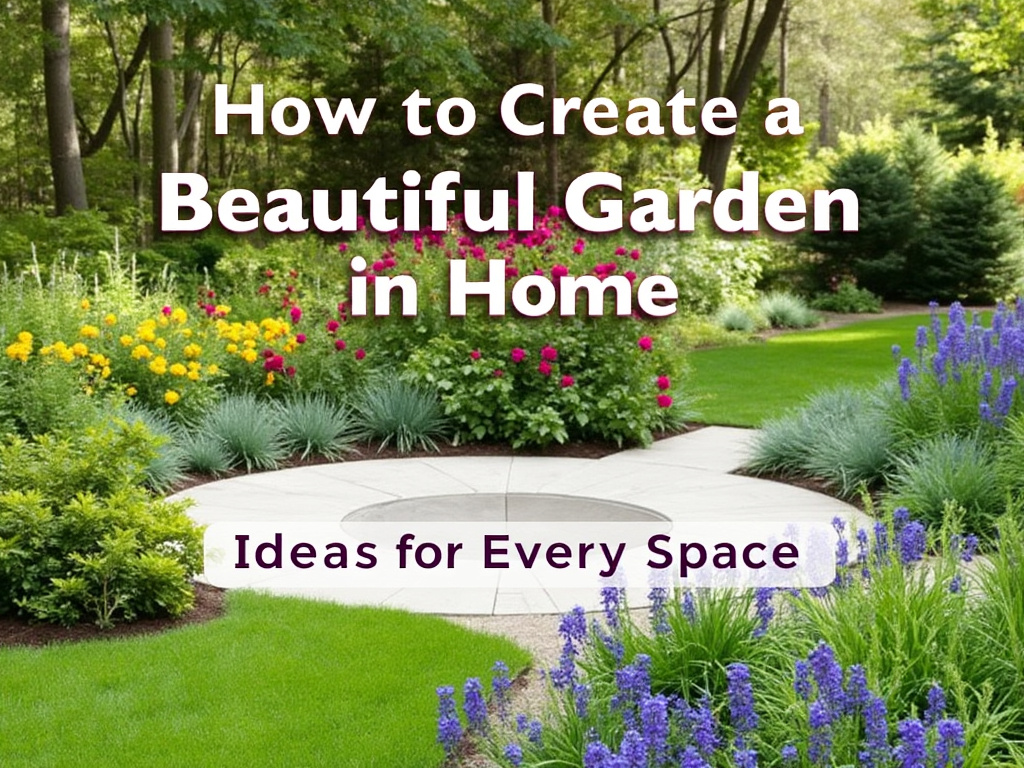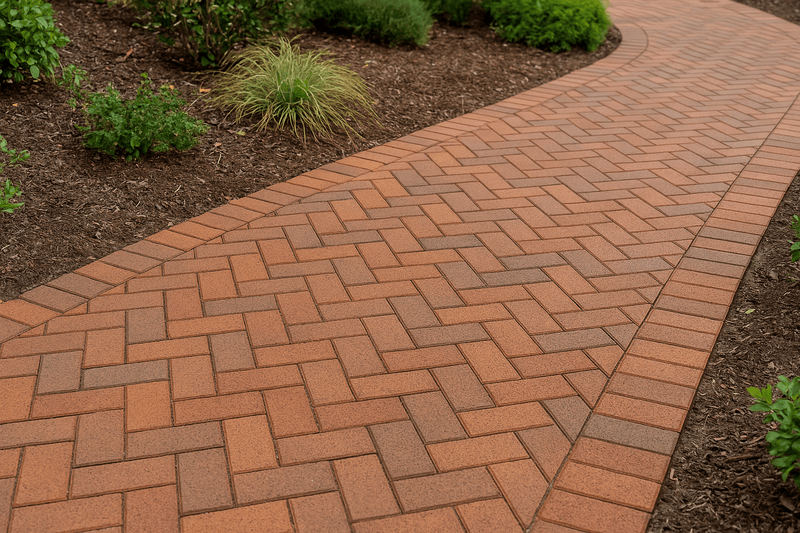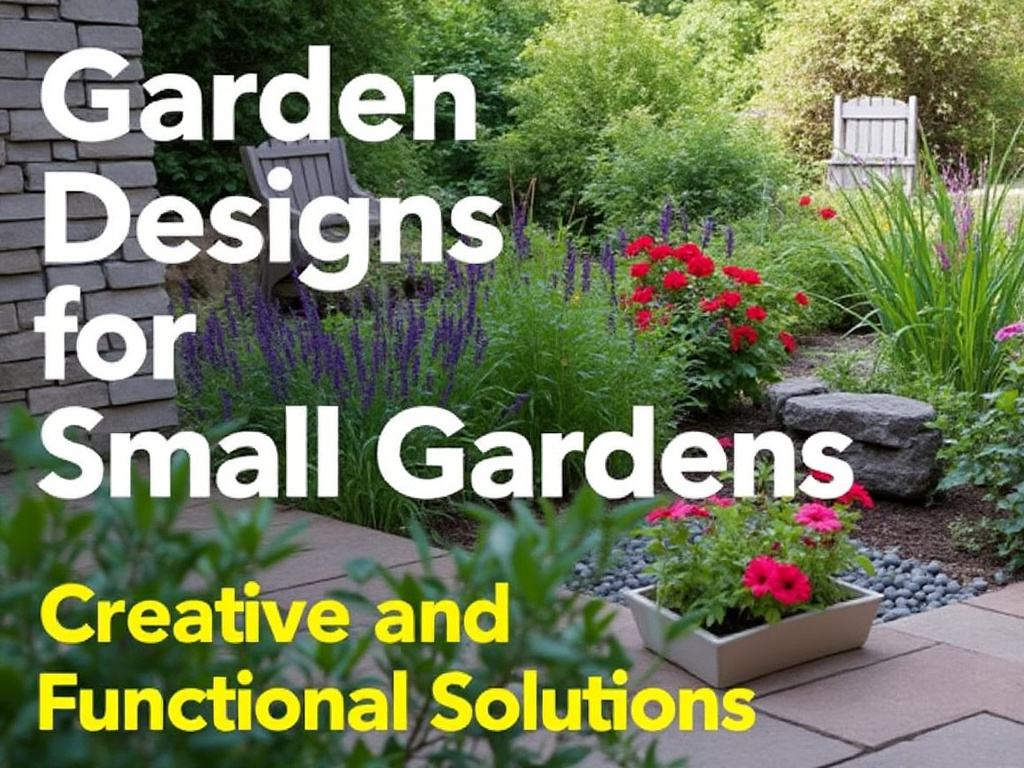Fence Materials Compared Which One Is Right for You

Picking the right fence material is a big decision for any homeowner. Your choice affects how your yard looks, how much work it takes to maintain, how long the fence lasts, and how well it does its job—whether that’s keeping your dog in, giving you privacy, or adding curb appeal. In this guide, we’ll walk you through the pros and cons of different fence materials and explain how working with professional fence services can help you make the right call.
Why the Right Fence Material Matters
Your fence isn’t just something that goes around your yard. It’s part of your home’s personality and can add real value to your property. But not all fences are created equal. Some materials are great for privacy but need a lot of upkeep. Others are long-lasting but don’t offer much style. That’s why choosing the right one is important.
A professional fence services provider can help you weigh your options and figure out what works best for your home, budget, and lifestyle.
Side-by-Side Comparison of Common Fence Materials
Let’s break down the most popular types of fence materials. Each one has unique features that may or may not fit your needs.
1. Wood Fencing
What It Is: Natural wood boards or panels, often made from cedar, pine, or redwood.
Pros:
-
Timeless, warm look that works in almost any yard
-
Can be painted or stained in any color
-
Good for privacy when built tall and solid
-
Can be customized with decorative tops, lattice, or different patterns
Cons:
-
Needs regular sealing or staining to prevent rot and weather damage
-
Can warp, crack, or be eaten by termites if not maintained
-
Lifespan is usually 10–15 years unless it’s high-quality wood with good care
Best For: Homeowners who want a natural, classic look and don’t mind doing some upkeep.
2. Vinyl Fencing
What It Is: A plastic-based material designed to look like wood or other styles.
Pros:
-
Doesn’t rot, fade, or get termites
-
Low maintenance—just rinse it off with a hose now and then
-
Can mimic wood or come in bright, clean colors
-
Great for privacy when made with solid panels
Cons:
-
Costs more upfront than wood
-
Can become brittle in freezing weather
-
Limited design flexibility—you’re mostly stuck with what’s sold
Best For: Families who want privacy and a clean look without the hassle of repairs.
3. Chain-Link Fencing
What It Is: A metal mesh fence often used around yards, playgrounds, and sports fields.
Pros:
-
One of the cheapest and easiest fences to install
-
Strong and long-lasting with little maintenance
-
Can be coated in vinyl for better looks and rust protection
Cons:
-
Not private unless you add slats or plants
-
Doesn’t add much to your home’s appearance
-
Can rust if not treated properly
Best For: Pet owners, large properties, or people on a tight budget.
4. Aluminum Fencing
What It Is: A lightweight, rust-resistant metal often made to look like wrought iron.
Pros:
-
Doesn’t rust or rot
-
Looks elegant and stylish
-
Easy to install on slopes and uneven ground
-
Requires almost no maintenance
Cons:
-
Not very private (open spaces between rails)
-
Higher cost than wood or chain-link
-
Can bend if hit hard
Best For: Decorative fences around gardens, pools, or front yards.
5. Wrought Iron Fencing
What It Is: Heavy-duty iron fence with a traditional, upscale design.
Pros:
-
Very strong and long-lasting
-
Adds a high-end, historic feel to your home
-
Great for security and boundary marking
Cons:
-
Needs painting every few years to avoid rust
-
Expensive to install and maintain
-
Doesn’t offer privacy
Best For: Homes with classic or luxury architecture.
6. Composite Fencing
What It Is: A blend of recycled plastic and wood fibers made to look like wood.
Pros:
-
Resists rot, pests, and fading
-
Low maintenance and eco-friendly
-
Looks like wood but lasts much longer
Cons:
-
More expensive than vinyl or wood
-
Limited color and texture options
-
Can be heavy and harder to install
Best For: Eco-conscious homeowners who want durability and style.
Things to Think About Before Choosing
1. What’s the Fence For?
-
Privacy: Go with wood, vinyl, or composite.
-
Security: Try wrought iron, aluminum, or tall wood fences.
-
Decorative Purposes: Aluminum or wood with stylish designs.
-
Pet/Kid Safety: Chain-link and solid fences work best.
2. What’s the Weather Like?
-
Wet or humid climate? Skip wood and choose vinyl or composite.
-
Cold winters? Avoid vinyl if it tends to crack in freezing temps.
-
Lots of sun? Choose UV-resistant materials to prevent fading.
3. How Much Work Do You Want to Do?
-
Low-maintenance: Vinyl, aluminum, or composite.
-
Willing to do upkeep: Wood or wrought iron.
4. What’s Your Budget?
-
Tight budget: Chain-link or basic wood.
-
Mid-range: Vinyl or aluminum.
-
High-end: Wrought iron or composite.
How Fence Services Can Help You Decide
Choosing a fence is one thing. Installing it the right way is another. This is where local fence services come in. A professional team can:
-
Inspect your property for tricky spots like slopes or tree roots
-
Recommend the best material for your area’s climate
-
Help you stay within zoning and HOA rules
-
Offer designs and layouts that fit your needs and budget
-
Do the heavy lifting and make sure the fence is installed safely
Fence services can also give you long-term support in case you need repairs or upgrades in the future.
Frequently Asked Questions
Q: Which fence lasts the longest?
A: Wrought iron and aluminum fences are known to last the longest, especially with proper care.
Q: What’s the best fence for dogs?
A: Chain-link or solid wood fences are great for keeping dogs safe in the yard.
Q: Can I get a good-looking fence on a small budget?
A: Yes. Wood and chain-link fences can look great when designed properly. You can also add vines, flowers, or slats for more style.
Q: Should I build it myself or hire fence services?
A: For small fences, DIY is possible. But for long-lasting results, especially with metal or vinyl, hiring fence services is worth the investment.
Conclusion
When it comes to fencing, there’s no one-size-fits-all answer. The best material depends on what you want your fence to do, how much you want to spend, and how much time you want to spend taking care of it. Whether you're going for classic wood, low-maintenance vinyl, or sturdy metal, working with experienced fence services can make the process smoother, faster, and better in the long run.
Our location services connect you with trusted fence experts in your area, so you get advice and installation tailored to your local climate, building codes, and style preferences. With the right team by your side, your fencing project is one step closer to success.

How to Create a Beautiful Garden at Home: Ideas for Every Space
- Creating a home garden is a rewarding project that not only beautifies your outdoor area but also provides a relaxing space to unwind.

Beyond Concrete Why Brisbane Homeowners Are Turning to Paving Bricks for Outdoor Transformations
- This article explores the rise in popularity of paving and installing paving bricks in Brisbane

Small Garden Designs That Maximize Space and Style
- This guide will walk you through essential ideas and tips to transform even the smallest garden into a relaxing, beautiful oasis.

Garden Designs for Small Gardens: Creative and Functional Solutions
- Designing a small garden offers a unique challenge but also a great opportunity to craft a beautiful, functional, and inviting outdoor space.